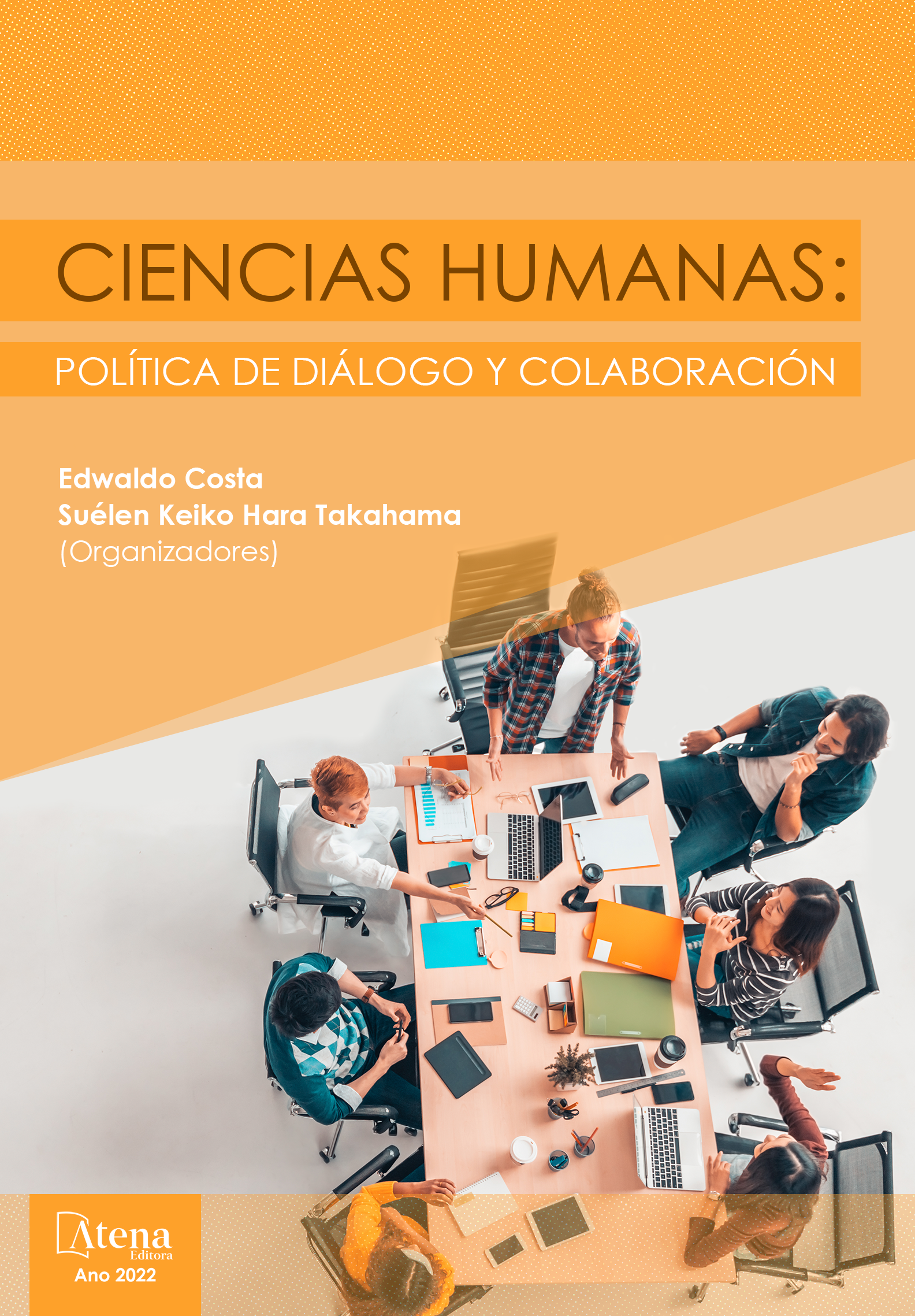
COMPONENTES Y ELEMENTOS PARA RE-CREAR UN PROGRAMA DE EDUCACIÓN PERTINENTE Y TRANSFORMADOR EN EL CONTEXTO RURAL DESDE EL APORTE PEDAGÓGICO POLICIAL
En Colombia el ámbito rural lo describen como zonas llamadas deprimidas o marginales, es por esto que en las zonas rurales no se cumple con la obligatoriedad del nivel primario advirtiéndose un evidente déficit educativo y cultural.
Al respecto, Freire asegura que la educación en el proceso particularmente con los estudiantes campesinos, es importante que ante cualquier acción educativa se analice los orígenes, la ubicación y significación social. Freire es muy claro al respecto cuando manifiesta que el sueño en la educación es conseguir una educación para todos y todas, igualitaria, solidaria, comprometida con los problemas de la humanidad, que enseñe a pensar por sí misma a las personas, para formar desde la competencia racional y emocional (FREIRE, 2001)
Con base en lo anterior se plantea como objetivo, presentar estrategias policiales, que contribuyan al modelo educativo rural del departamento de Cundinamarca, integrando a la comunidad educativa de la Escuela de Suboficiales y Nivel Ejecutivo Gonzalo Jiménez de Quesada en pro de mejorar el servicio y acercamiento a la comunidad desde la misionalidad institucional.
Según Freire ( 1982., pág. 22) dado el objeto
el estudio de este congreso se realiza un acercamiento al concepto de educación, como la base que encamina a todo ser humano en su viaje al perfeccionamiento de sus capacidades, ajustada específicamente en lo concerniente a la educación rural, con un detenimiento especial en las teorías.
El tipo de investigación es cualitativo, para alcanzar aspectos determinados de la realidad que aún no han sido detallados en el contexto educativo rural del departamento de Cundinamarca. Concluyendo que, según el Ministerio de Educación, las tasas de deserción y repitencia son más altas en las zonas rurales que en las urbanas, así como el número de niños que nunca ha sido atendido por el sector educativo (2019).
COMPONENTES Y ELEMENTOS PARA RE-CREAR UN PROGRAMA DE EDUCACIÓN PERTINENTE Y TRANSFORMADOR EN EL CONTEXTO RURAL DESDE EL APORTE PEDAGÓGICO POLICIAL
-
DOI: 10.22533/at.ed.4792231038
-
Palavras-chave: Educación Rural, Estrategias pedagógica, Modelo educativo, Deserción.
-
Keywords: Rural Education, Pedagogical Strategies, Educational Model, Desertion.
-
Abstract:
In Colombia, the rural area is described as depressed or marginal areas, which is why in rural areas the mandatory primary level is not complied with, noting an evident educational and cultural deficit.
In this regard, Freire assures that education in the process, particularly with peasant students, it is important that before any educational action the origins, location and social significance are analyzed. Freire is very clear about this when he states that the dream in education is to achieve an education for all, egalitarian, supportive, committed to the problems of humanity, that teaches people to think for themselves, to form from the rational and emotional competence (Freire P., 2001)
Based on the above, the objective is to present police strategies that contribute to the rural educational model of the department of Cundinamarca, integrating the educational community of the Gonzalo Jiménez de Quesada School of Noncommissioned Officers and Executive Level in order to improve the service and approach to the community from institutional missionality.
According to Freire (1982, p. 22) Given the object
of study of this congress, an approach to the concept of education is made, as the basis that guides every human being on his journey to the improvement of his abilities, specifically adjusted with regard to rural education, with a special attention to theories.
The type of research is qualitative, to reach certain aspects of reality that have not yet been detailed in the rural educational context of the department of Cundinamarca. Concluding that, according to the Ministry of Education, dropout and repetition rates are higher in rural areas than in urban areas, as well as the number of children who have never been served by the education sector (2019).
-
Número de páginas: 15
- Carmen Elisa Anzola Bello
- Nelly Martínez Rozo
- Lucy Alcira Montoya Parraga


